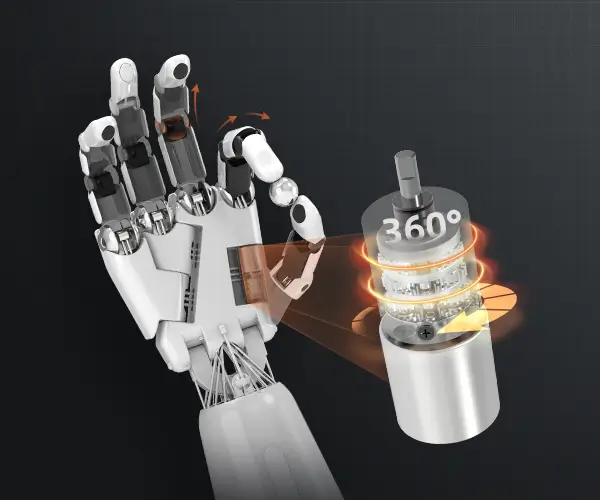Want to build a scalable, fast, and flexible architecture? Then diving into microservices might just be your game-changer. But hey, with so many frameworks out there, how do you pick the one that actually hits the spot? Let’s talk about the best options that make Python shine in this space.

First up, Flask—yeah, it’s like the little black dress of frameworks. Minimalist, super flexible, and great for crafting small, focused microservices. You can build a tiny service in a few lines of code, and since it's lightweight, it’s perfect for fast iteration. But, don’t expect it to do everything out of the box. You’ll need to add the pieces yourself—kind of like a DIY project, but for cloud architecture.
Then there’s FastAPI—probably the rising star everyone’s talking about. It’s blazing fast, thanks to async support, and offers automatic documentation that saves so much headache during debugging. If you want quick development and performance, it’s a real contender. Imagine wrapping a clean, modern API around your microservices—kind of like giving them a shiny new coat of paint.
What about Django? Well, Django is more heavyweight but still surprisingly adaptable. Its REST Framework makes it easier to create robust APIs, and it’s mature with a big community. Say you’re trying to integrate multiple microservices into a seamless whole; Django’s battery-included approach can help speed things along. Just keep in mind, sometimes the heavier load might be overkill if all you need is a tiny, isolated service.
Now, a lot of folks ask, “How do I decide which framework fits best?” It depends. Are you chasing speed and minimalism? FastAPI might be your best friend. Need a proven, scalable platform that can grow with your project? Django could be the way. Want something super flexible and lightweight? Flask nails that sweet spot.
Here’s a thought—sometimes, mixing and matching is the secret sauce. Use Flask for quick, tiny microservices, and FastAPI when you need speed and async support. Because, at the end of the day, the best framework is the one that helps you get your job done without dragging you into a maze.
If you’re wondering, “Will this framework integrate smoothly with my existing infrastructure?” The answer is yes, almost always. Python’s versatility means you can almost plug these frameworks into your setup with minimal fuss. That’s why they’re so beloved among developers aiming for agility.
Think about it. Microservices are about breaking down complexity into manageable chunks. Pick the right framework for each—fast, scalable, flexible. It’s like building a puzzle; each piece has a perfect fit. When done right, your architecture not only performs flawlessly but adapts to whatever the future throws at it. Now, isn’t that a pretty compelling reason to choose the right Python framework?
Established in 2005, Kpower has been dedicated to a professional compact motion unit manufacturer, headquartered in Dongguan, Guangdong Province, China. Leveraging innovations in modular drive technology, Kpower integrates high-performance motors, precision reducers, and multi-protocol control systems to provide efficient and customized smart drive system solutions. Kpower has delivered professional drive system solutions to over 500 enterprise clients globally with products covering various fields such as Smart Home Systems, Automatic Electronics, Robotics, Precision Agriculture, Drones, and Industrial Automation.




































